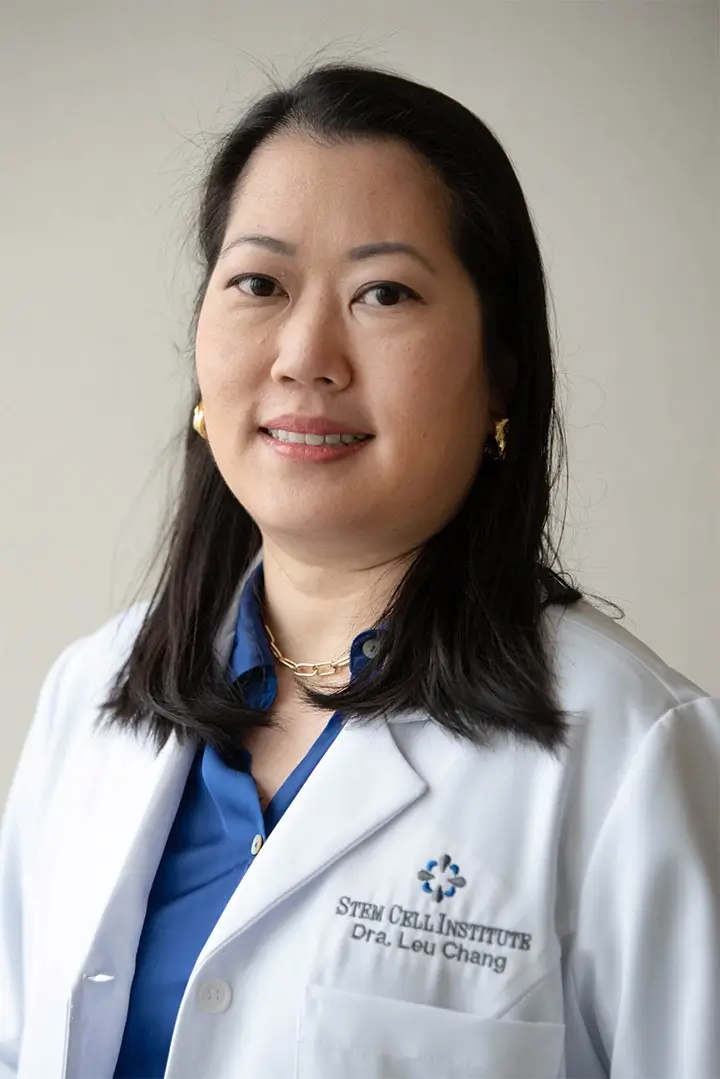Pluristem Therapeutics Inc., which specializes in the commercialization of therapeutic products developed exclusively from adult mesenchymal stromal cells (MSCs) that are derived from the human placenta, has announced positive results with the use of one of its products in a pre-clinical animal study of multiple sclerosis. PLX-MS, which Pluristem is developing specifically for the treatment of multiple sclerosis, was tested in the EAE (experimental autoimmune encephalitis) animal model, which typically serves as the standard research paradigm for multiple sclerosis in humans. After EAE was induced in the animals, some of the animals were given PLX-MS while others served as controls. The animals that had received PLX-MS were found to show a statistically significant improvement in their EAE scores, which lasted throughout the entire 25-day duration of the study, when compared to the controls.
According to Dr. Zami Aberman, President and CEO of Pluristem, “We are very excited that our PLX cells were able to demonstrate beneficial results that are statistically significant in this standardized model for multiple sclerosis. These results, in addition to our previously announced PLX-Stroke results, demonstrate that PLX cells may be useful in the treatment of central nervous system disorders and may potentially help millions of people. Additionally, we believe this experiment demonstrates that we can potentially utilize our off-the-shelf, easy-to-obtain PLX cells and achieve results that are as good as or better than MSCs obtained from other more difficult-to-find sources.”
Multiple sclerosis, one of the demyelinating diseases, is a disorder of the central nervous system and is generally considered to be of autoimmune origin. According to recent estimates from the World Health Organization, over 2.5 million people around the world currently suffer from multiple sclerosis. Prior to adult stem cell research such as these studies conducted by Pluristem, multiple sclerosis has previously been considered incurable and irreversible. Now, however, adult stem cells and regenerative medicine offer a new type of therapeutic modality and, therefore, also new hope.

